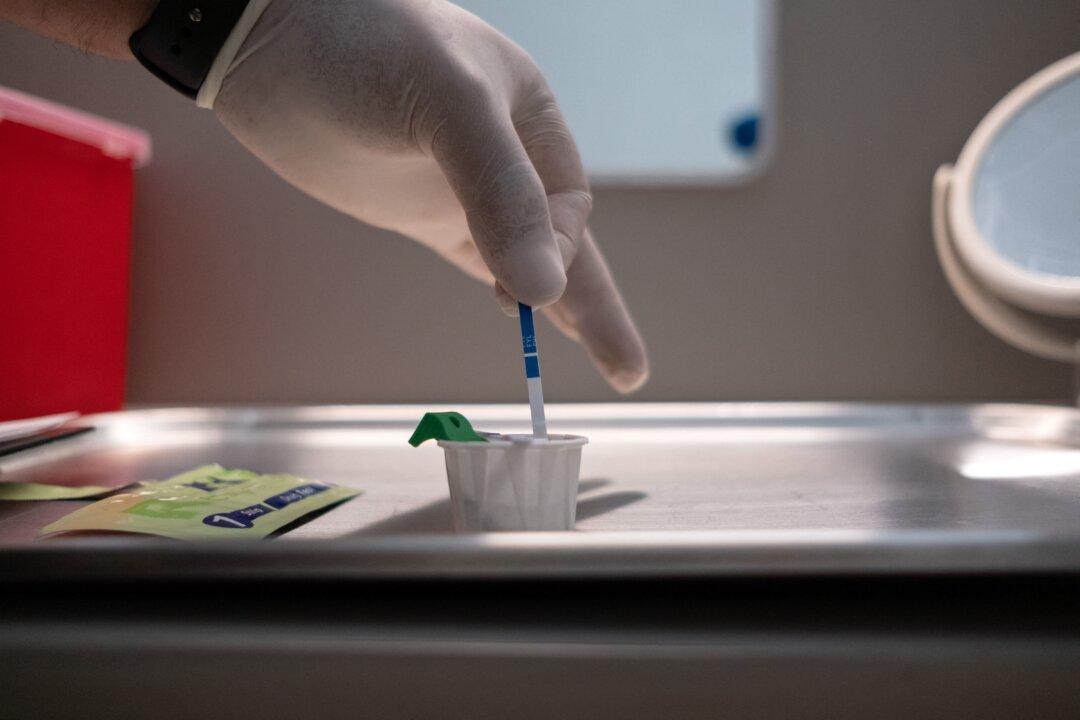Federal prosecutors announced Nov. 14 a six-year plus eight-month prison sentence in a plea agreement with a defendant charged with causing the death of a man by selling fake pharmaceutical drugs laced with fentanyl.
Ian Edward Parrish, 28, of San Jose, California pleaded guilty in August to selling four pills—two of which were counterfeit Percocet containing fentanyl—in Aug. 2022 to an Ohio man in a bar in Fremont, a city near Oakland in the East Bay.





